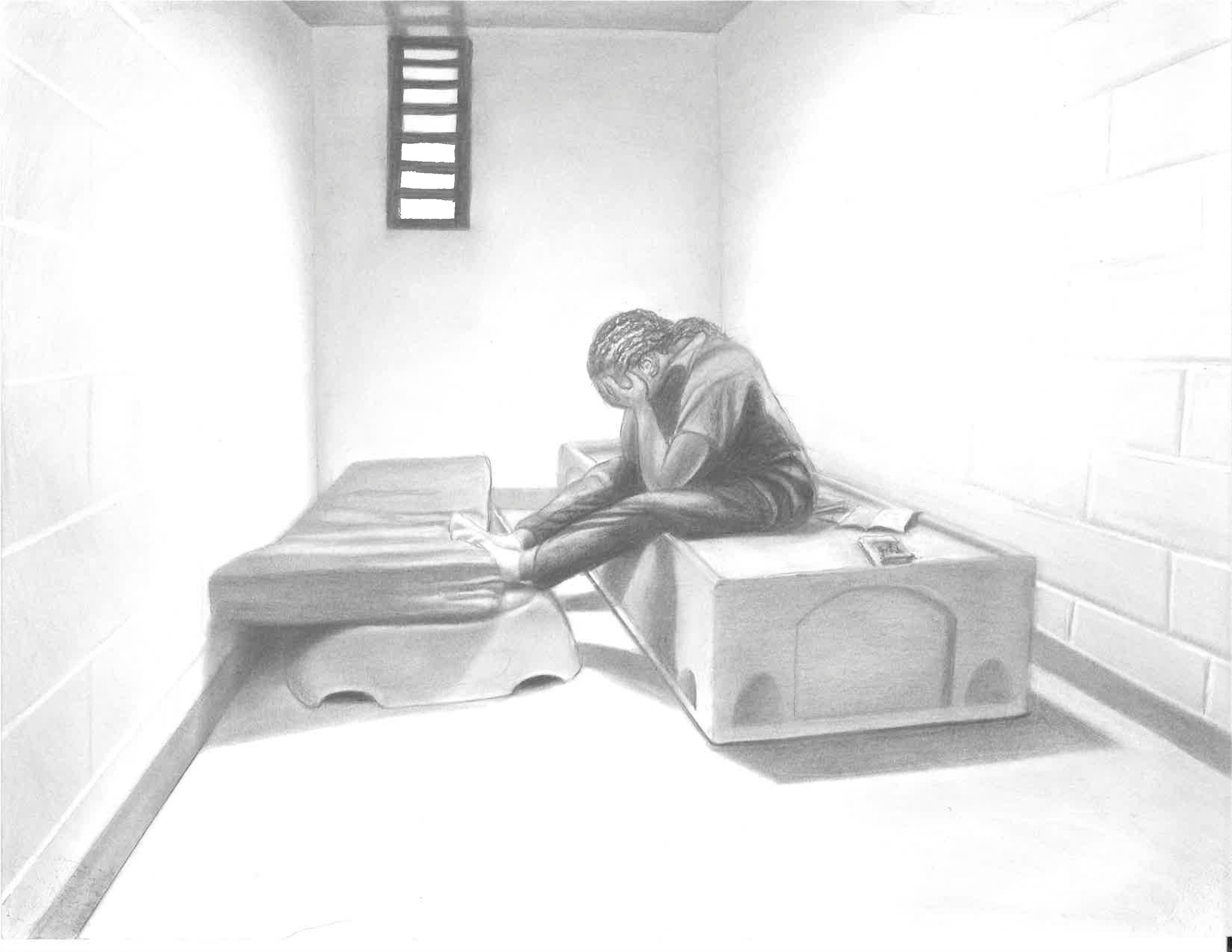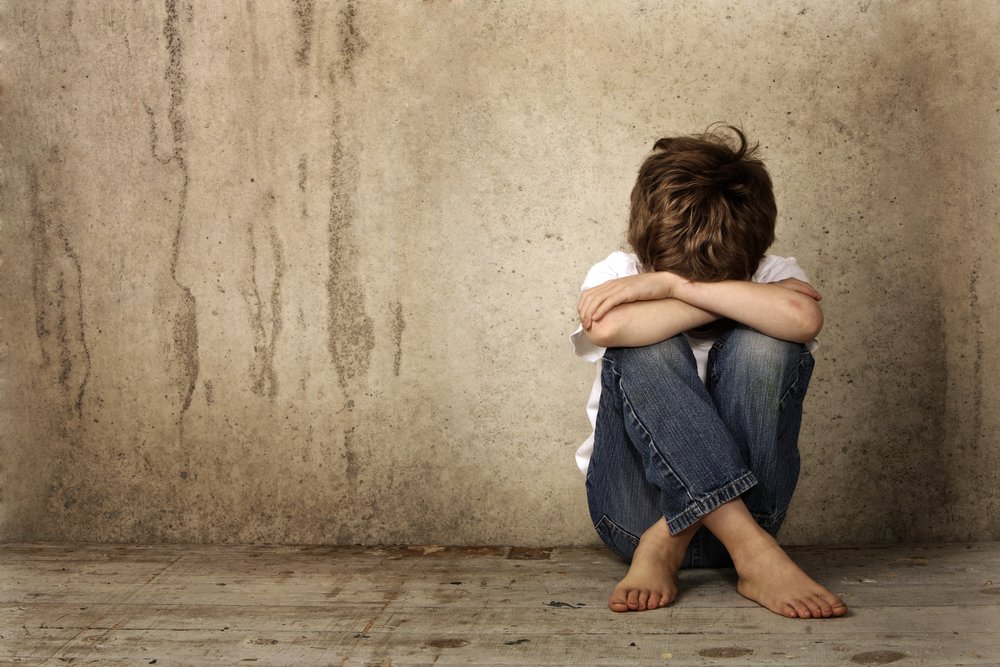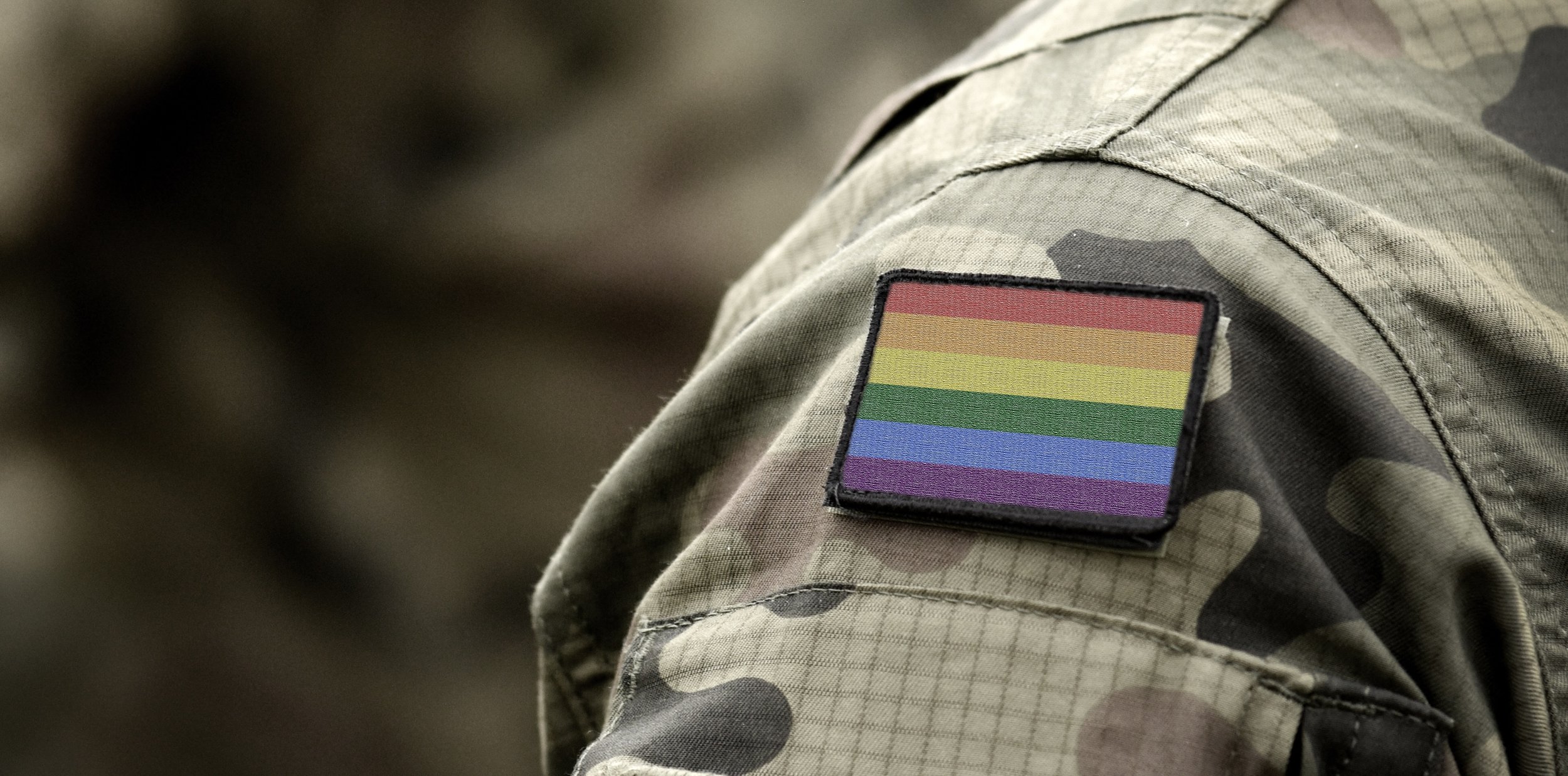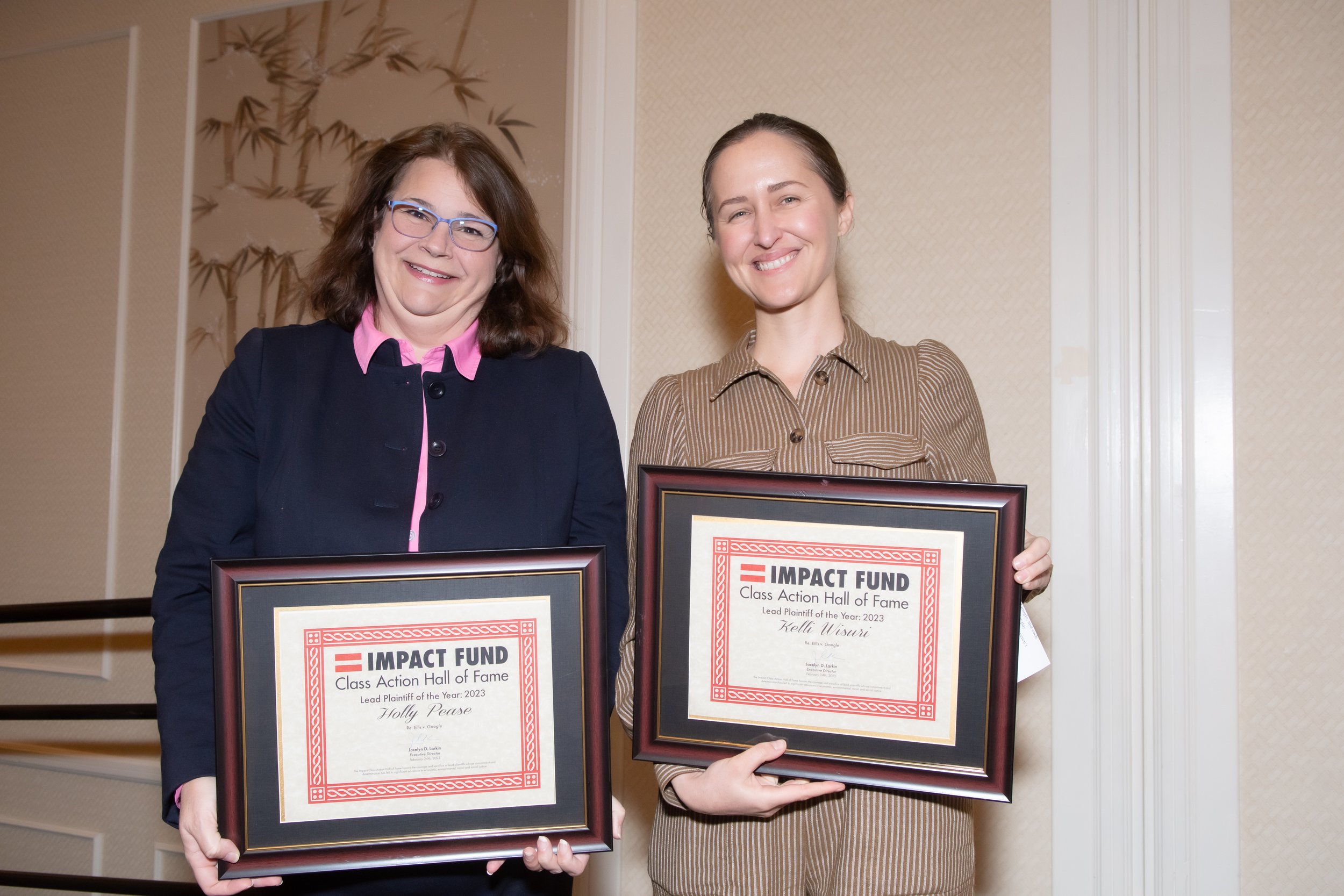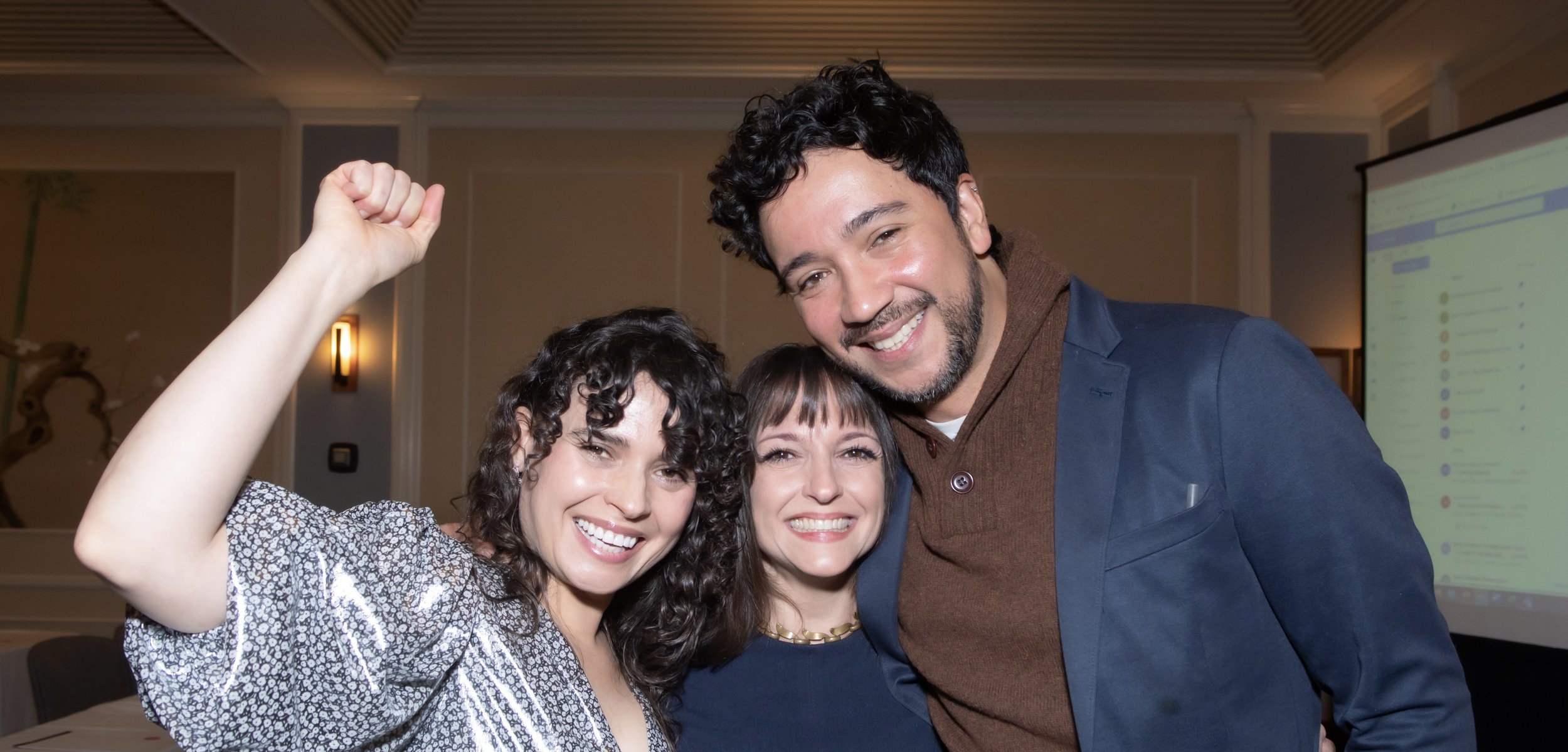Too Many, Too Much, and Too Young: Class Action Seeks To Protect Foster Kids From Dangerous Mistreatment With Psychotropic Drugs
Samantha Bartosz - Deputy Director of Litigation, Children’s Rights
Imagine you’re 12 years old. Since entering foster care, you’ve been given powerful drugs to control your behavior. You’re prescribed six medications at once, including lithium and two antipsychotics. Your new foster mother never received your medical history.
This is the story of just one boy, Joe*, who Children’s Rights is representing in a class action lawsuit that seeks to hold government authorities in Missouri accountable. On any given day, thousands of children in foster care across the country are administered psychotropic medications to address mental health and behavioral issues. Some of these children receive combinations of two, three, or more such medications at a time, often in elevated dosages. Some, like Joe, are even placed on antipsychotics, which led him to say, “I feel like I have knives in my eyes.”
Joe: “I feel like I have knives in my eyes.”
How severe is the problem? In 2011, a federal report noted the overuse of psychotropic drugs in child welfare systems across the country and the widespread lack of adequate oversight. The government later outlined steps that states should take to monitor the safety of foster children placed on prescription medications. Years later, however, foster children continue to be prescribed powerful and potentially dangerous drugs, often at unacceptable dosages and alarming rates, without proper oversight and coordination. Most of the time, these drugs are FDA approved only for adults. Even worse, they are often prescribed as a panacea to control children’s behavior rather than out of medical need.And children in foster care are administered these drugs at far higher rates than children in the general population.
Tragically, the disruptive nature of foster care spawns a cycle in which the use of psychotropics is accelerated. Every move to a new home or a new caseworker creates additional trauma and instability for that child, whose behaviors (predictably) may deteriorate. But instead of receiving therapeutic counseling and mental health support, too many foster children are simply given psychotropic drugs.
Lucy was put on daily doses of multiple psychotropic drugs. She ended up visibly shaking, hallucinating, and experiencing rapid weight gain.
That’s why Children’s Rights brought the lawsuit, the first of its kind, to challenge the misuse of psychotropic drugs among children in foster care. In June 2017, we filed the case in federal court in Missouri along with the National Center for Youth Law, the Saint Louis University School of Law Legal Clinics, and Morgan, Lewis & Bockius. The lawsuit alleges that Missouri’s child welfare agency fails to maintain complete medical and mental health records, to exercise adequate oversight while subjecting kids to psychotropic medication regimens, and to assure meaningful, informed consent for the use of these drugs.
The stories of the children in our complaint are illustrative—and heartbreaking. To cite just one example, Lucy*, a 12-year old girl, was put on daily doses of multiple psychotropic drugs. She ended up visibly shaking, hallucinating, and experiencing rapid weight gain. The unacceptable reality is that children are being left in harm’s way. We continue to move forward on this case to bring urgent reforms to the Missouri foster care system.
Chris is prescribed 18 pills per day
But this dangerous misuse of psychotropic drugs is not limited to foster care. Our country’s immigrant detention centers engage in the same heinous behavior. Nearly 13,000 immigrant children are currently in the custody of the Office of Refugee Resettlement, the highest that number has ever been. These are children who have already experienced extreme trauma in their home countries. Now, according to a new lawsuit filed by the National Center for Youth Law, they are being subjected to the administration of powerful drugs without parental consent. At one facility, Shiloh Treatment Center in Texas, children have reported being tackled and held down to be given injections. One boy, Chris*, reported taking up to eighteen pills per day.
No child should be subjected to the misuse of drugs as a chemical straightjacket. Children’s Rights is working every day to hold governments accountable to ensure that Joe, Lucy, Chris, and all children are provided safe and appropriate care.
* To protect anonymity and privacy, names have been changed and stock photos used to protect innocent minors.







